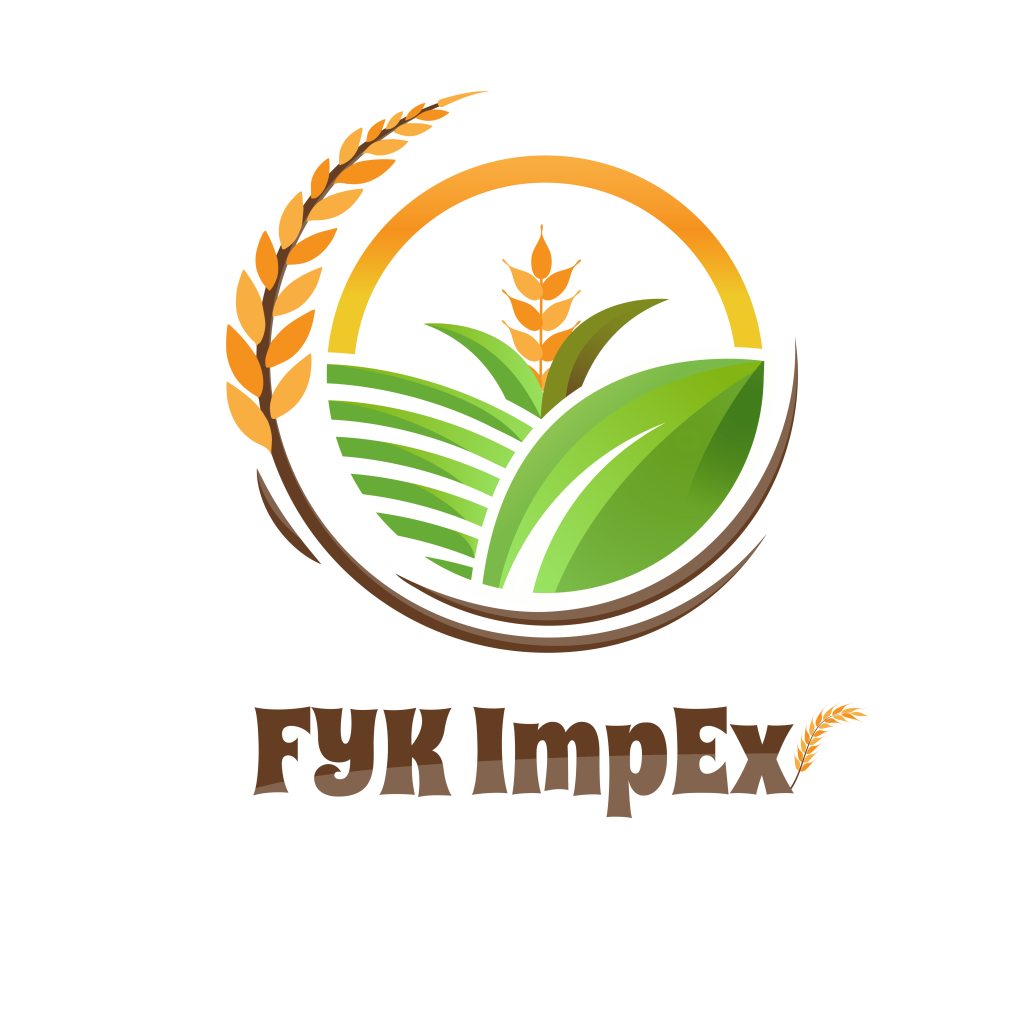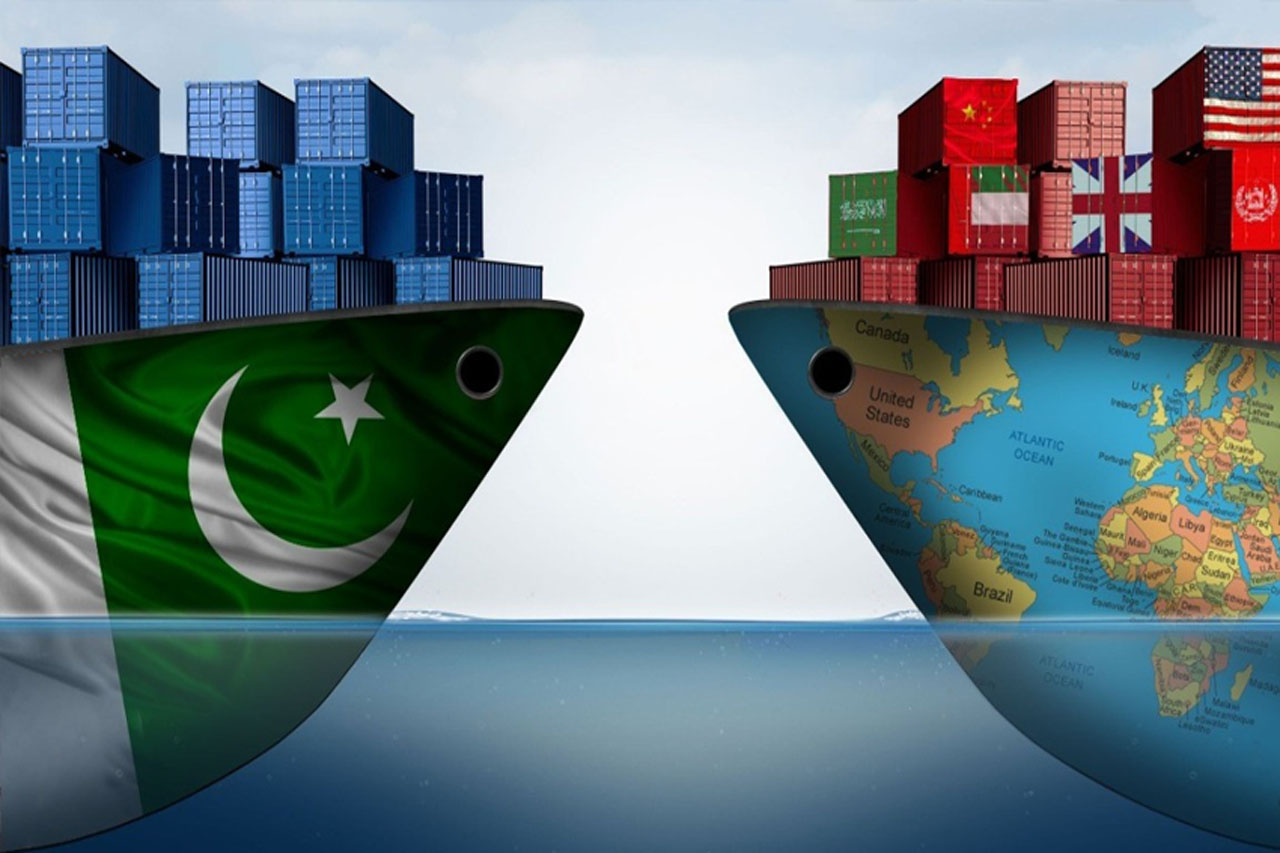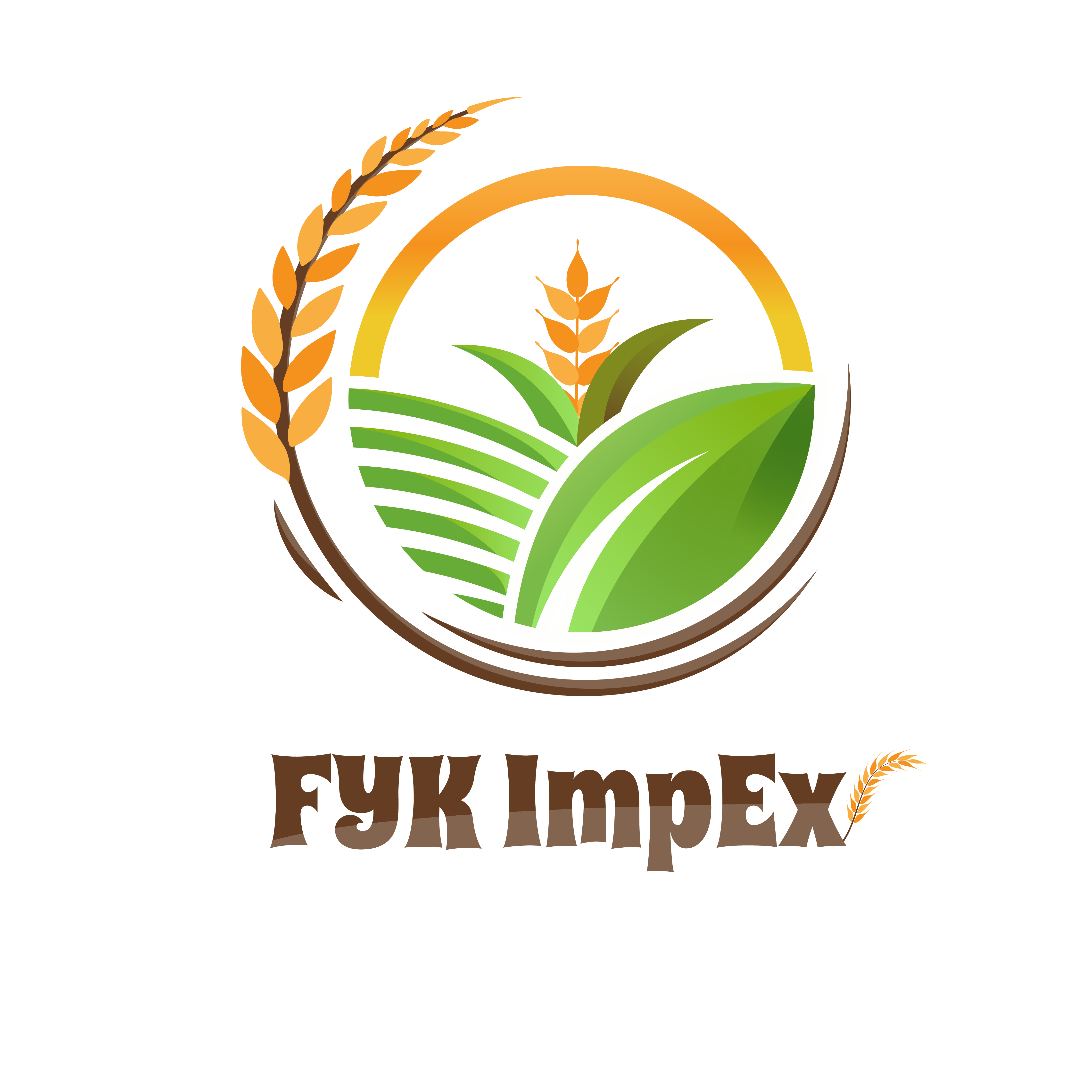A Guide to Pakistan’s Main Exports
Pakistan, a country rich in natural resources and human capital, has a diverse export portfolio that drives its economy. This South Asian nation, known for its strategic geopolitical location and cultural heritage, has managed to carve a niche for itself in various global markets. The country’s export sector is a crucial contributor to its GDP, providing employment to millions and fostering economic growth. This article delves into the main exports of Pakistan, exploring their significance, market reach, and the factors contributing to their prominence.
1. Textiles and Garments
The textile and garment industry is the backbone of Pakistan’s economy, accounting for a substantial portion of the country’s total exports. Pakistan is the eighth-largest exporter of textile products in Asia. The sector encompasses a wide range of products, including cotton yarn, cotton cloth, bed linen, towels, tents, canvas, readymade garments, and knitwear.
Cotton Yarn and Cloth: Pakistan is one of the leading producers and exporters of cotton yarn and cloth. The country’s favorable climate and vast agricultural land enable the production of high-quality cotton, which is processed into yarn and cloth. These products are exported to various countries, with China, Bangladesh, and Turkey being the major importers.
Readymade Garments and Knitwear: The garment sector has seen significant growth due to its ability to produce high-quality apparel at competitive prices. Pakistani garments are popular in European and North American markets. The industry benefits from skilled labor, modern manufacturing techniques, and adherence to international quality standards.
2. Rice
Rice is one of Pakistan’s staple crops and a major export commodity. The country is renowned for its aromatic and long-grain basmati rice, which is highly sought after in international markets. Pakistan also exports non-basmati rice varieties, catering to different market segments.
Basmati Rice: This premium variety is primarily grown in the Punjab region. Known for its unique aroma, long grains, and delicate flavor, Pakistani basmati rice is a favorite in the Middle East, Europe, and North America. The country competes closely with India in the global basmati market.
Non-Basmati Rice: These varieties, including IRRI and Sella rice, are exported in large quantities to African countries and Southeast Asia. Non-basmati rice is appreciated for its versatility and affordability.
3. Leather and Leather Products
Pakistan’s leather industry is well-established, with a rich history of craftsmanship and quality. The sector includes the production of finished leather, leather garments, and leather footwear. Pakistani leather products are known for their durability, fine quality, and competitive pricing.
Finished Leather: This includes various types of leather processed from hides and skins. Pakistan exports finished leather to numerous countries, including Italy, Spain, and China, where it is further processed into high-end leather goods.
Leather Garments and Footwear: Pakistan produces a wide range of leather jackets, coats, and footwear. These products are exported to Europe and North America, where they are appreciated for their craftsmanship and quality.
4. Sports Goods
Sialkot, a city in Pakistan, is globally recognized for its production of high-quality sports goods. The city’s skilled artisans produce a variety of sports equipment, including soccer balls, cricket gear, hockey sticks, and sportswear.
Soccer Balls: Sialkot produces a significant percentage of the world’s soccer balls. These balls are used in international tournaments, including the FIFA World Cup. The industry has embraced modern technology to produce durable and high-performance soccer balls.
Cricket Gear: Given the popularity of cricket in South Asia and beyond, Pakistan exports a wide range of cricket gear, including bats, balls, and protective equipment. These products meet international standards and are used by professional and amateur players worldwide.
5. Surgical Instruments
Pakistan’s surgical instrument industry is another hallmark of its export portfolio. The city of Sialkot is a major hub for the production of surgical and dental instruments. These instruments are known for their precision, quality, and adherence to international standards.
Surgical Instruments: Pakistan exports a wide range of surgical instruments, including forceps, scissors, scalpels, and retractors. These instruments are used in hospitals and clinics around the world, particularly in Europe and the United States.
Dental Instruments: The country also produces high-quality dental instruments, including pliers, probes, and mirrors. These instruments are exported to various countries and are known for their durability and precision.
6. Fruits and Vegetables
Pakistan’s agricultural sector plays a significant role in its export economy, with fruits and vegetables being major export items. The country’s diverse climate and fertile soil enable the production of a wide variety of fruits and vegetables.
Citrus Fruits: Pakistan is one of the leading exporters of citrus fruits, particularly kinnow (a type of mandarin). These fruits are exported to numerous countries, including Russia, the Middle East, and Southeast Asia. Kinnow is appreciated for its juicy, sweet flavor and high vitamin C content.
Mangoes: Pakistani mangoes are famous for their unique taste and aroma. Varieties such as Chaunsa, Sindhri, and Anwar Ratol are highly sought after in international markets, including Europe, the Middle East, and North America.
Fresh and Processed Vegetables: Pakistan exports a variety of fresh and processed vegetables, including potatoes, onions, and frozen vegetables. These products are exported to neighboring countries and regions with a high demand for fresh produce.
7. Chemicals and Pharmaceuticals
The chemical and pharmaceutical sectors in Pakistan have seen significant growth in recent years. The country exports a range of chemicals and pharmaceutical products to various international markets.
Chemicals: Pakistan exports various chemicals, including organic and inorganic chemicals, to different countries. These chemicals are used in multiple industries, including textiles, agriculture, and manufacturing.
Pharmaceutical Products: The pharmaceutical industry in Pakistan produces a wide range of medicines, including antibiotics, vaccines, and over-the-counter drugs. These products are exported to countries in Africa, the Middle East, and Southeast Asia.
8. Seafood
The fisheries sector in Pakistan is a growing industry with a substantial export component. The country’s coastline along the Arabian Sea provides access to a variety of seafood.
Fish and Seafood Products: Pakistan exports a variety of fish and seafood products, including shrimp, crab, and different species of fish. These products are exported to countries in the Middle East, Europe, and Asia, where they are valued for their freshness and quality.
9. Cement
Cement is another significant export item for Pakistan. The country has a robust cement manufacturing industry, with several large plants producing high-quality cement.
Cement: Pakistan exports cement to various countries, including Afghanistan, Sri Lanka, and countries in the Middle East. The industry benefits from abundant raw materials and advanced manufacturing techniques, enabling the production of high-quality cement at competitive prices.
10. Carpets and Rugs
Handmade carpets and rugs are part of Pakistan’s traditional export items. The country has a long history of carpet weaving, with skilled artisans producing intricate and high-quality carpets.
Handmade Carpets and Rugs: Pakistani carpets are known for their unique designs, vibrant colors, and fine craftsmanship. These carpets are exported to various countries, including the United States, Europe, and the Middle East, where they are appreciated as works of art and high-end home décor items.
Conclusion
Pakistan’s main exports are a testament to the country’s diverse economy and the skills of its workforce. From textiles and garments to rice, leather products, sports goods, surgical instruments, and more, Pakistan has established itself as a significant player in various global markets. These exports not only contribute to the country’s economic growth but also help in building a positive image of Pakistan on the international stage. With continued investment in technology, infrastructure, and workforce development, Pakistan’s export sector holds the potential for even greater achievements in the future.




